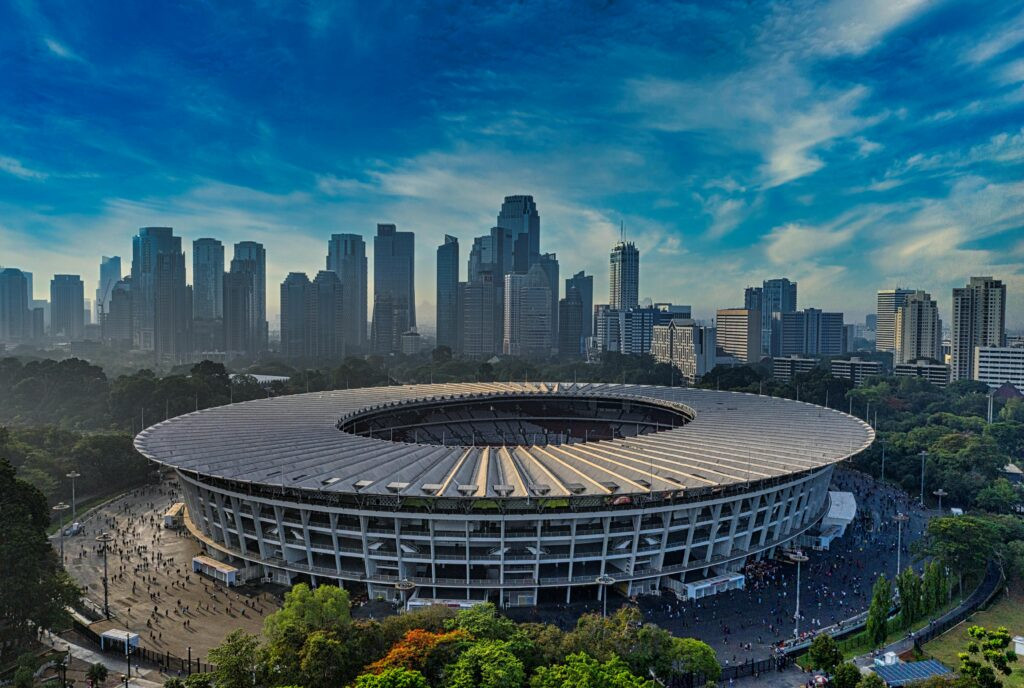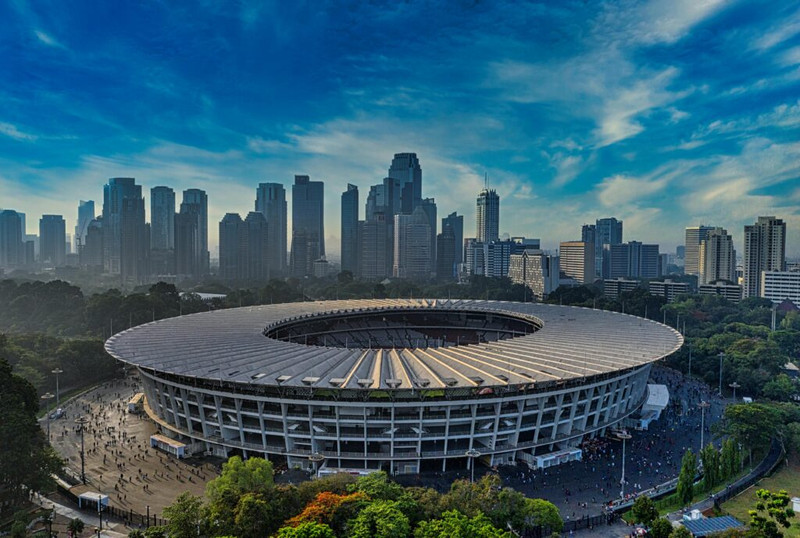
The relocation of Indonesia’s capital to IKN in East Kalimantan has sparked questions and concerns about Jakarta’s future. As the nation’s largest economic hub, Jakarta’s property prospects and business activities are under scrutiny.
Addressing these concerns, Ferry Salanto, Head of Research at Colliers Indonesia, draws parallels with other nations that have moved their capitals.
“In countries like Australia, Brazil, and Malaysia, former capitals have thrived as commercial hubs and top destinations for tourism and investment,” he explained, as reported by Bisnis.com.
This perspective suggests a similar trajectory for Jakarta. Despite losing its status as the political capital, the city is poised to advance in economic sectors, particularly in property development.
A More Livable Jakarta
One major projection is that Jakarta will become more livable as traffic congestion decreases, ultimately boosting property values across the city.
“Vacant government buildings in strategic locations create opportunities for new commercial developments,” Ferry noted in a report by Kompas.com on December 12, 2024.
Colliers’ research highlights Jakarta’s robust infrastructure and longstanding economic activity, ensuring its continued appeal to domestic and international investors.
“Jakarta, as Indonesia’s largest city and economic powerhouse, will remain vital in sectors like trade, communication, industry, and finance,” Ferry added.
Adapting to Oversupply
Jakarta’s commercial office sector faces a challenge with an oversupply of 2.43 million square meters of vacant office space. This situation tightens competition, making it difficult for older buildings to attract tenants.
Colliers suggests converting office spaces into residential units as a strategic solution. Ferry emphasized that repurposing these spaces could be a practical response to the capital relocation’s impact. Reported by pelakubisnis.com.
Another viable option involves transforming vacant government buildings into hotels. Smaller, uniquely designed buildings could be repurposed as boutique hotels with around 60 rooms, offering a fresh take on Jakarta’s tourism potential.
Ambitious Growth in Skyscrapers
Amid these challenges, Indonesia remains optimistic about Jakarta’s growth, particularly in building skyscrapers. Currently, Jakarta boasts 114 buildings over 150 meters tall.
Edward Loy, Managing Director of KONE Southeast Asia described the phenomenon as highly significant. As a result, KONE remains optimistic about its ability to compete in Indonesia’s elevator market. Even, he views this trend as a promising indicator.
“The demand for high-rise housing will continue. Urbanization is an unstoppable force,” he stated during a group interview in Jakarta on December 5, 2024, as reported by Kompas.com.
Loy predicts that Jakarta will see even more high-rises and apartments in the next 10–20 years.
“Urban planning in Jakarta must evolve to accommodate this growth and prevent overcrowding,” he emphasized.
Optimism for Jakarta and IKN
KONE, which is involved in providing elevators for the parliamentary building in IKN, remains optimistic about Jakarta’s future while supporting the development of the new capital.
“This project is a source of national pride—not just for me, but for all Indonesians,” Loy concluded.
Sources: Bisnis.com, Kompas.com, Pelakubisnis.com
Image source credit: Tom Fisk (pexels.com)
The post Capital Moves to IKN: Jakarta’s Property Remains Optimistic appeared first on Expat Indonesia.



